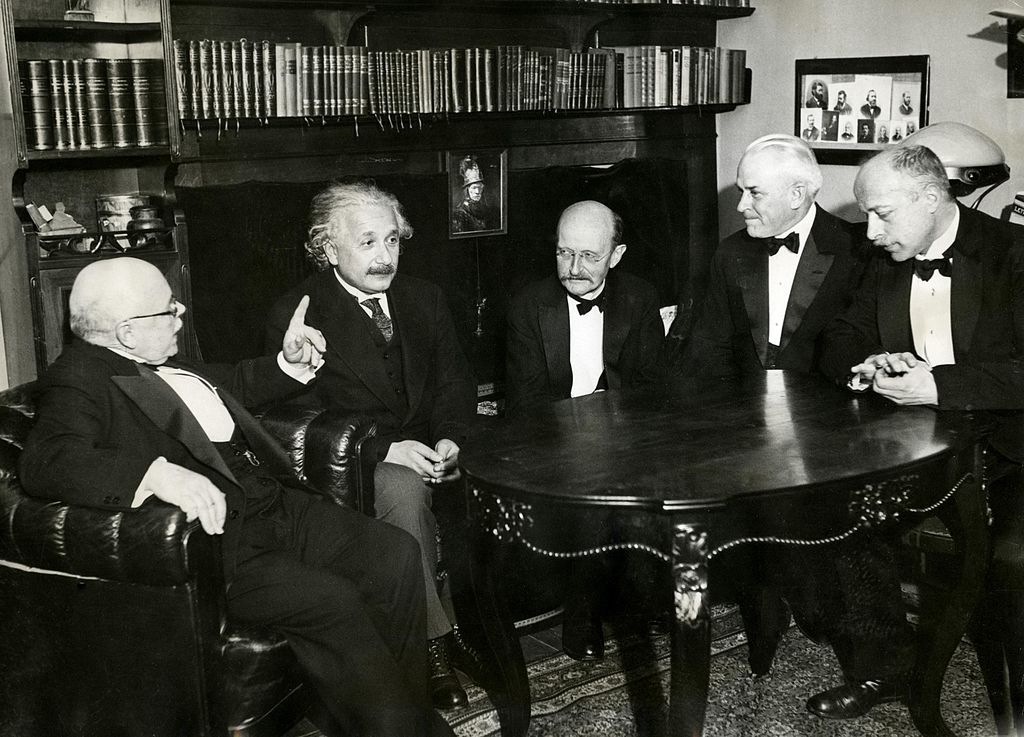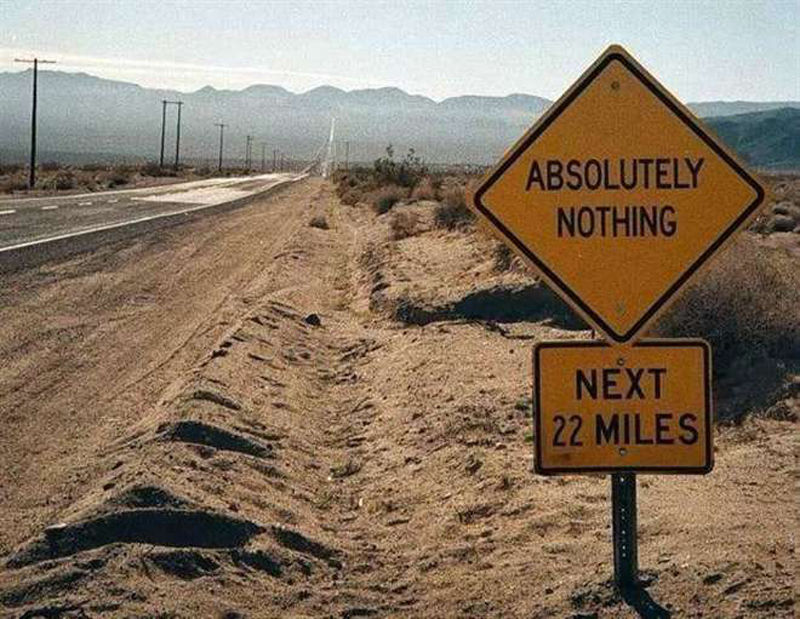I believe the terms for nothingness have been Defined, but of course not in agreement from the philosophical perspective and the scientific perspective..
The absolute nothingness is a philosophical nothing most often used to refer to pre-Creation conditions prior to the existence of our physical existence. It means specifically a vacuum where absolutely nothing exists sometimes referred to as 'Genesis Vacuum.'
From the scientific perspective, yes, 'Quantum nothing' is not nothing. It is the nature of the boundless Quantum World continuum that underlies our our universe and pervades all existence prior to the beginning of our universe, from which all possible universes arise, governed by the Laws of Nature that we describe as Quantum Mechanics. The space/time macroworld of our universe arises from the Quantum World of Quantum Nothingness.
This Forbes article goes into more detail of the different scientific perspectives of may be called 'nothing,' The article is a bit long so I am citing a specific section that is relevant. Forbes tends to be a bit wordy. I personally do not like using the 'nothing term from the science perspective, but nonetheless . . .
Source: The Four Scientific Meanings Of 'Nothing'
The Four Scientific Meanings Of 'Nothing'
Starts With A Bang
Ethan SiegelSenior Contributor
Starts With A BangContributor Group
Science The Universe is out there, waiting for you to discover it.
But the matter we have today didn't come from pre-existing matter. At some point in the distant past, the Universe was composed of equal amounts of matter and antimatter; the laws of physics that we've discovered only enable us to create them in equal amounts. Yet the Universe we have today is overwhelmingly made of matter and not antimatter, where every one of the billions upon billions of galaxies we know of are made of matter and not antimatter. Where did our matter asymmetry come from? From a previously symmetric state; from a state where matter and antimatter existed in equal amounts. From a time when there was no asymmetry. According to some, this means that the matter we have today arose from nothing, although others who adhere strictly to one of the other definitions dispute this.
4.) Whatever you're left with when you take away the entire Universe and the laws governing it. At last, you can conceive of removing everything, including space, time, and the rules that govern any sort of particles or quanta of energy. This creates a type of "nothing" that physicists have no definition for. This goes beyond "nothing" as it exists in the Universe, instead realizing some sort of philosophical, absolute nothingness. But in the context of physics, we cannot make sense of this sort of nothingness. We'd have to assume that there is such a thing as a state outside of space and time, where you can have the emergence of spacetime from this hypothesized state of true nothingness.
But is that possible? How does spacetime emerge at a particular location, when there's no such thing as space? How can you create the beginning of time if there's no concept of something like "before" without time already existing? And where, then, would the rules governing particles and their interactions arise from? Does this final definition of "nothing" even mean anything at all, or is it just a logical construct with no physical meaning of its own?
Fluctuations in spacetime itself at the quantum scale get stretched across the Universe during... [+] inflation, giving rise to imperfections in both density and gravitational waves. While inflating space can rightfully be called 'nothing' in many regards, not everyone agrees.
Fluctuations in spacetime itself at the quantum scale get stretched across the Universe during...
There is no consensus here. With language having the ambiguity it does, you can say "nothing" and legitimately be referring to any of these, with purists eagerly waiting to yell at you if you dare use "nothing" in a context which is less pure than their definition. If something fundamentally arose where there was no such thing before, you can call it nothing, but not everyone will agree. If you take all the matter, antimatter, radiation, and even spatial curvature away, you can certainly lay a claim to that being what "nothing" is all about, but there are some "things" that are still around. If you then take away any energy inherent to space itself, leaving only spacetime and the laws of nature, you can call that "nothing" as well. But philosophically, some people will still be dissatisfied. Only by taking away that as well will some finally acquiesce to calling such an entity "nothing."
© Copyright Original Source
The absolute nothingness is a philosophical nothing most often used to refer to pre-Creation conditions prior to the existence of our physical existence. It means specifically a vacuum where absolutely nothing exists sometimes referred to as 'Genesis Vacuum.'
From the scientific perspective, yes, 'Quantum nothing' is not nothing. It is the nature of the boundless Quantum World continuum that underlies our our universe and pervades all existence prior to the beginning of our universe, from which all possible universes arise, governed by the Laws of Nature that we describe as Quantum Mechanics. The space/time macroworld of our universe arises from the Quantum World of Quantum Nothingness.
This Forbes article goes into more detail of the different scientific perspectives of may be called 'nothing,' The article is a bit long so I am citing a specific section that is relevant. Forbes tends to be a bit wordy. I personally do not like using the 'nothing term from the science perspective, but nonetheless . . .
Source: The Four Scientific Meanings Of 'Nothing'
The Four Scientific Meanings Of 'Nothing'
Starts With A Bang
Ethan SiegelSenior Contributor
Starts With A BangContributor Group
Science The Universe is out there, waiting for you to discover it.
But the matter we have today didn't come from pre-existing matter. At some point in the distant past, the Universe was composed of equal amounts of matter and antimatter; the laws of physics that we've discovered only enable us to create them in equal amounts. Yet the Universe we have today is overwhelmingly made of matter and not antimatter, where every one of the billions upon billions of galaxies we know of are made of matter and not antimatter. Where did our matter asymmetry come from? From a previously symmetric state; from a state where matter and antimatter existed in equal amounts. From a time when there was no asymmetry. According to some, this means that the matter we have today arose from nothing, although others who adhere strictly to one of the other definitions dispute this.
4.) Whatever you're left with when you take away the entire Universe and the laws governing it. At last, you can conceive of removing everything, including space, time, and the rules that govern any sort of particles or quanta of energy. This creates a type of "nothing" that physicists have no definition for. This goes beyond "nothing" as it exists in the Universe, instead realizing some sort of philosophical, absolute nothingness. But in the context of physics, we cannot make sense of this sort of nothingness. We'd have to assume that there is such a thing as a state outside of space and time, where you can have the emergence of spacetime from this hypothesized state of true nothingness.
But is that possible? How does spacetime emerge at a particular location, when there's no such thing as space? How can you create the beginning of time if there's no concept of something like "before" without time already existing? And where, then, would the rules governing particles and their interactions arise from? Does this final definition of "nothing" even mean anything at all, or is it just a logical construct with no physical meaning of its own?
Fluctuations in spacetime itself at the quantum scale get stretched across the Universe during... [+] inflation, giving rise to imperfections in both density and gravitational waves. While inflating space can rightfully be called 'nothing' in many regards, not everyone agrees.
Fluctuations in spacetime itself at the quantum scale get stretched across the Universe during...
There is no consensus here. With language having the ambiguity it does, you can say "nothing" and legitimately be referring to any of these, with purists eagerly waiting to yell at you if you dare use "nothing" in a context which is less pure than their definition. If something fundamentally arose where there was no such thing before, you can call it nothing, but not everyone will agree. If you take all the matter, antimatter, radiation, and even spatial curvature away, you can certainly lay a claim to that being what "nothing" is all about, but there are some "things" that are still around. If you then take away any energy inherent to space itself, leaving only spacetime and the laws of nature, you can call that "nothing" as well. But philosophically, some people will still be dissatisfied. Only by taking away that as well will some finally acquiesce to calling such an entity "nothing."
© Copyright Original Source


